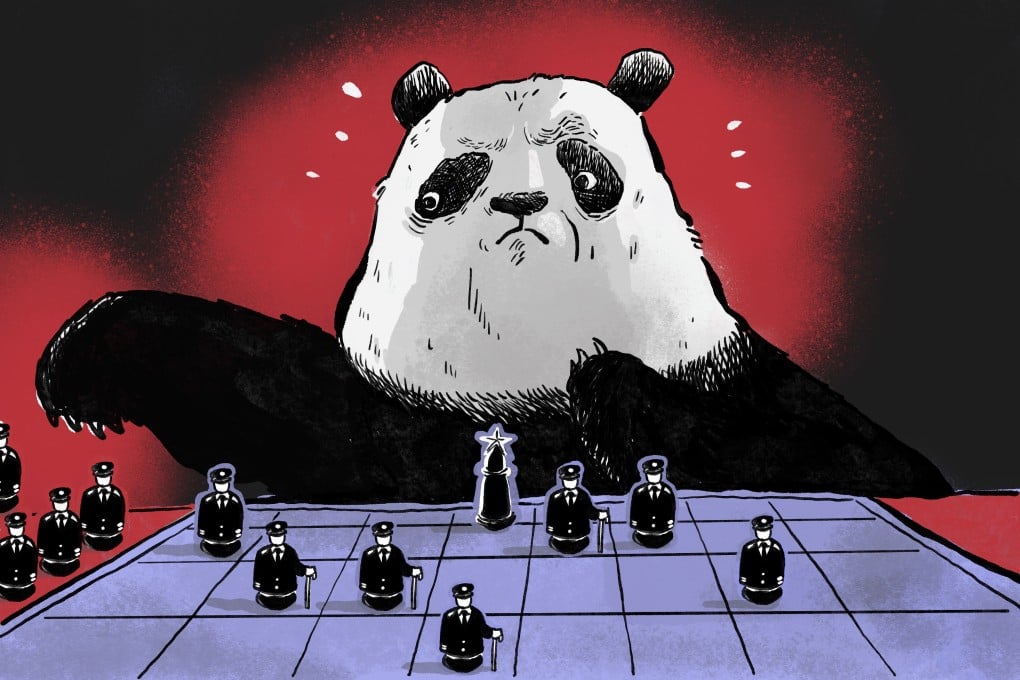Advertisement
Changing of the guard? China’s military may get a new leadership line-up
- Four of seven members on the Central Military Commission are at or have passed the retirement age and could step down at the upcoming party congress
- Analysts say Xi Jinping, who heads the CMC, has done the groundwork and is likely to be looking for combat experience and loyalty when making his picks
6-MIN READ6-MIN
32

Ahead of this year’s Communist Party congress, we explore the possible personnel changes and power structure of the areas that will have the largest impact on Beijing’s Taiwan policy. In the second part of the series, Jack Lau looks at possible changes to China’s top military brass.
China’s military, the world’s largest standing armed forces, could be at its most critical moment after 40 years of relative peace.
Its top general, Xu Qiliang, justified more defence spending last year with a reference to the “Thucydides trap” – the notion that conflict is inevitable when a rising power challenges an existing one.
Advertisement
Tensions in the region have since escalated, with the People’s Liberation Army conducting unprecedented drills around Taiwan this month after US House Speaker Nancy Pelosi visited the self-ruled island. The PLA also cut off regular communication channels with the US military in response to the trip, adding to concerns about regional stability. Meanwhile, China has a long-simmering border dispute with India and faces growing pressure from the US and its allies in the contested South China Sea.
But the military could also be about to see some leadership change. Four members of the Central Military Commission, the armed forces’ top decision-making body, have reached the official retirement age of 68. That means they could step down in autumn during the twice-a-decade Communist Party congress, if it sticks with convention.
Advertisement
The CMC is headed by President Xi Jinping, who is expected to stay on, and all eyes will be on who he picks to join the top brass – moves that could shed light on the direction of the PLA and its ambitious modernisation goals.
Advertisement
Select Voice
Select Speed
1.00x